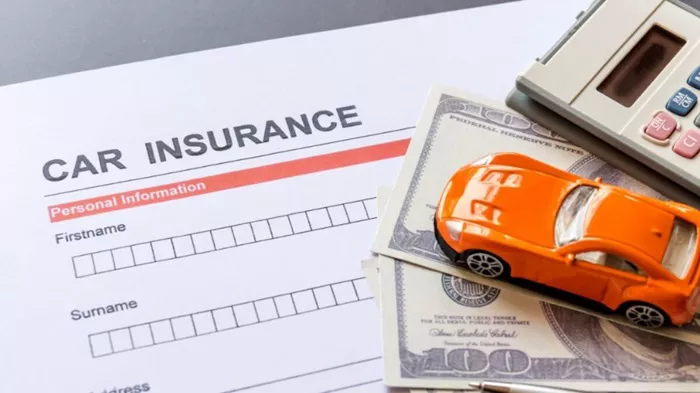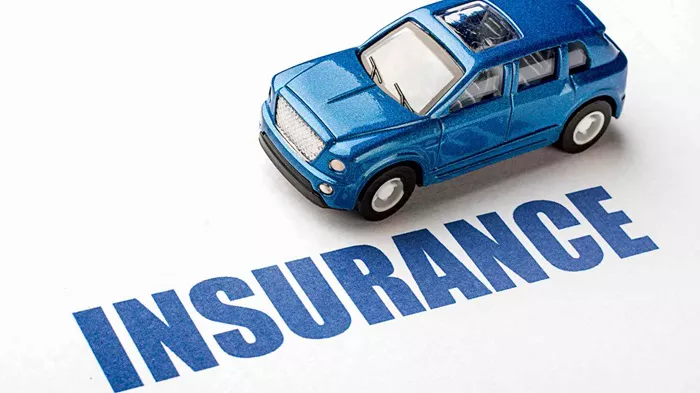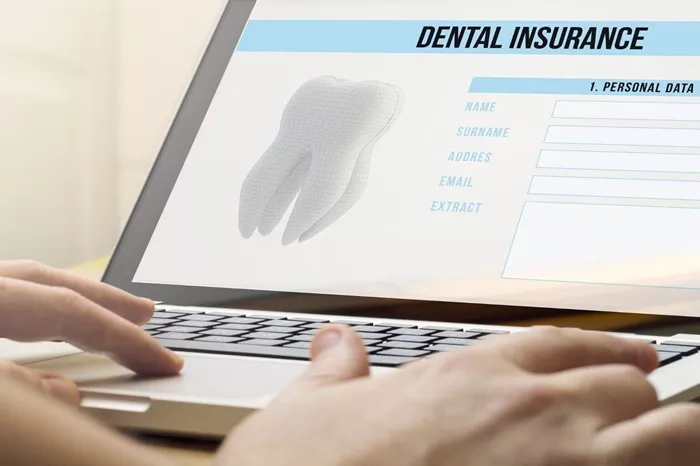Renting a car can be a fun and convenient way to get around, whether you’re traveling for business or leisure. However, before you drive off the lot, it’s important to understand what type of rental car insurance coverage you need. Many renters are unsure whether to buy additional insurance, and if so, what kind. In this article, we’ll break down the different types of rental car insurance, helping you make an informed decision based on your individual needs.
Why Do You Need Rental Car Insurance?
When you rent a car, you might think that your personal auto insurance will cover you. However, that’s not always the case. Depending on the situation and the rental agreement, your existing coverage might not apply, or it might only provide limited protection. Rental car companies offer various types of insurance to protect you in the event of an accident, theft, or damage to the vehicle. While this can offer peace of mind, it’s essential to understand the specific coverage you need so that you don’t overpay for unnecessary options.
1. Basic Rental Car Insurance Coverage
Rental car companies typically offer several different insurance packages, ranging from basic to more comprehensive coverage. These packages vary by location, rental agency, and the type of vehicle you’re renting. Let’s start with the most basic form of coverage: Liability Insurance.
Liability Insurance
Liability coverage is mandatory in most places, and it covers damages or injuries caused to others if you’re at fault in an accident. If you’re involved in a collision and damage another vehicle or injure someone, liability insurance will help pay for those costs. Most rental car agencies include basic liability coverage with the rental, but it’s important to verify the limits of this coverage.
While this coverage is essential, keep in mind that the rental car’s liability insurance might not be enough to fully cover your expenses in the event of a major accident. You may want to consider purchasing additional liability coverage for extra peace of mind.
2. Collision Damage Waiver (CDW)
One of the most common and misunderstood insurance options is the Collision Damage Waiver (CDW). Despite the name, the CDW is not technically insurance—it’s a waiver that limits your financial responsibility in the event of damage to the rental car.
If you opt for a CDW, the rental car company will typically waive any costs associated with repairing or replacing the vehicle if it’s damaged during the rental period. However, this waiver usually comes with certain exclusions, such as damages caused by reckless driving or driving under the influence of alcohol. It’s important to read the terms carefully to understand what’s covered.
CDW coverage is often bundled with the Loss Damage Waiver (LDW), which adds protection in case the vehicle is stolen. While the idea of being completely off the hook for damage or theft sounds appealing, you may not need CDW if you already have car insurance or credit card coverage.
Should You Get CDW?
If your personal auto insurance or credit card already covers rental car damage, you might not need to purchase CDW. However, some people prefer the peace of mind that comes with not having to worry about the details. Keep in mind that CDW can be expensive, and it may not always be necessary depending on your existing coverage.
3. Personal Accident Insurance (PAI)
Personal Accident Insurance (PAI) covers medical expenses in the event that you or your passengers are injured in a rental car accident. It’s a good option to consider if you don’t already have health insurance or if your health plan doesn’t cover accidents that happen in a rental vehicle. PAI typically provides coverage for medical bills, ambulance fees, and sometimes even funeral expenses.
While PAI can provide extra protection, many people already have personal health insurance, and it may extend to cover injuries that occur in a rental car. Additionally, if you have travel insurance or medical coverage through your credit card, PAI might be redundant.
Should You Get PAI?
Consider purchasing PAI if you don’t have health insurance or if you want additional coverage beyond your standard policy. If your current insurance plan or travel insurance already covers medical expenses related to rental cars, you might not need to purchase this extra coverage.
4. Theft Protection (TP)
Theft Protection (TP) is another option offered by rental car agencies. It protects you if the rental car is stolen during your rental period. While most rental car companies provide some basic coverage for theft, TP offers a more extensive level of protection, which can help with the cost of replacing a stolen vehicle.
With theft protection, you’ll typically have to pay a deductible if your rental car is stolen. TP helps cover the cost of this deductible, reducing your out-of-pocket expenses.
However, the coverage might have exclusions, such as if the car was left unlocked or the keys were left inside.
Should You Get TP?
If you’re concerned about the possibility of theft, or if you’re renting a vehicle in an area with a higher risk of car theft, TP might be a good option. If you have comprehensive car insurance through your personal policy or a credit card that covers rental cars, you might already be covered for theft. Check with your provider to see if you need TP.
5. Supplemental Liability Insurance (SLI)
Supplemental Liability Insurance (SLI) is an optional policy that provides extra liability coverage beyond what’s included in the rental car agreement. It offers protection if you cause damage to another vehicle or injure someone, and it’s particularly useful if you’re involved in a serious accident.
SLI typically offers higher limits than the basic liability insurance provided by the rental company. This means that if you’re in an accident and the damage exceeds the rental company’s liability limit, SLI can help cover the additional costs. SLI can be an excellent choice if you’re concerned about potentially high liability costs and want to ensure that you’re fully protected.
Should You Get SLI?
If you don’t have sufficient liability coverage through your personal auto insurance or credit card, SLI might be worth considering. It’s especially important if you’re driving in a foreign country where your existing insurance may not apply, or if you’re in an area with higher risk for accidents.
6. Personal Effects Coverage (PEC)
Personal Effects Coverage (PEC) covers your personal belongings inside the rental car in case they’re stolen or damaged. While this coverage might sound helpful, keep in mind that most renters have personal insurance or home insurance policies that cover their belongings, even when they’re in a rental car.
PEC can be useful if you’re traveling with expensive items or if you don’t have personal property insurance. However, in many cases, it’s an unnecessary addition to your rental agreement.
Should You Get PEC?
If you have home or renters insurance, your personal belongings might already be covered, so PEC could be redundant. If you’re traveling with valuables, though, you may want to consider this coverage for peace of mind.
7. Credit Card Coverage for Rental Cars
Many credit cards offer rental car insurance as a benefit, particularly for travel-focused credit cards. Credit card coverage can include collision damage, theft protection, and sometimes even liability coverage, depending on the card. However, it’s important to know the details of your card’s coverage, as it may not apply in all situations.
For example, credit cards often provide coverage for collision damage but may exclude coverage for things like theft or liability. Some cards also require you to pay for the rental car with the credit card to activate coverage. Additionally, credit card coverage is usually secondary, meaning it only kicks in after your primary insurance (such as your personal auto insurance) has been exhausted.
Should You Rely on Credit Card Coverage?
Before relying solely on credit card coverage, make sure to review your card’s policy. If your credit card covers rental cars, it could save you money, but you may need to supplement it with additional coverage if your card’s protection is limited.
Conclusion: Making the Right Choice
Choosing the right rental car insurance depends on several factors, including your current coverage, the type of rental car, and your personal preferences. Here’s a quick summary of the key options:
Liability Insurance: Often included but verify the coverage limits.
Collision Damage Waiver (CDW): May be unnecessary if your own insurance or credit card covers it.
Personal Accident Insurance (PAI): Consider if you don’t have health insurance or need extra coverage.
Theft Protection (TP): Useful if you’re concerned about theft, but check your existing coverage.
Supplemental Liability Insurance (SLI): A good option for extra liability protection, especially in risky areas.
Personal Effects Coverage (PEC): Only necessary if you don’t have personal property insurance.
Remember, always check your existing insurance policies before deciding what to purchase. Your personal auto insurance, health insurance, or credit card benefits might already provide much of the coverage you need. If you’re still unsure, ask the rental car company for clarification, and don’t hesitate to seek advice from your insurance provider to avoid unnecessary costs.
By understanding the different types of rental car insurance available, you can make a smart, informed decision about the coverage that’s right for you. Safe travels!
Related topic:


















